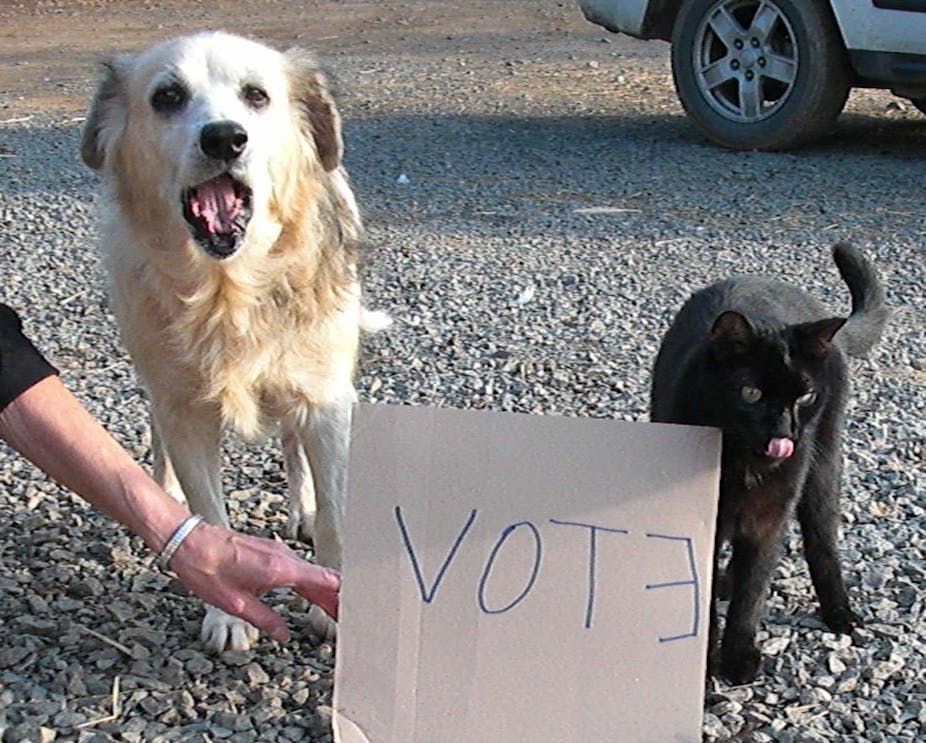Even before the results come in, turn-out for electing South Yorkshire’s next Police and Crime Commissioner was shown to be extremely low. As the votes were being counted from the October 30 ballot, it was revealed the turn-out was only 14.88%. In the town of Doncaster, just 3.5% of voters exercised their democratic right.
This is certainly a problem and it’s one that reveals more than just voter apathy. The media has played its part in marginalising what might have been an exceptionally high-profile campaign.
The lack of people taking part in PCC elections could hardly get much worse. The first elections happened in 2012 and voter turn-out stood at just 15%. This was the lowest recorded level of participation in a peacetime non-local government election in the UK. At one polling station in Newport, South Wales, no votes were recorded at all.
Great concern over voter apathy promptly followed but it is important to note that these elections were largely ignored by the national press, which stood accused of only turning up in the final few days of campaigning.
A higher number of voters and indeed more coverage might well have been expected this time around in South Yorkshire. The latest vote comes in the wake of a particularly high-profile scandal involving the local police’s response to the abuse of 1,400 children in the area between 1997 and 2013. Wright stood down from the job in September 2014 amid a media frenzy. Indeed, every aspect of the Rotherham sex abuse cases was picked over in minute detail by the national press.
Yet, as the time came to replace him, the media appeared to have completely lost interest. The national media has focused its attentions on the by-elections in Clacton and Rochester and Strood, confining the PCC elections to local media coverage.
Even on polling day, the BBC’s local news page for South Yorkshire hardly seemed to notice the election to replace Wright either. It’s coverage amounted to an 83-word report placed third on the page. It ran below coverage of the death of two young boys in a fire but also below an article carrying the headline: “Trio admit Poochon puppy-napping”.
In 2012 the low turn-out was essentially blamed on the public. Those not voting were presented as ill-informed about the elections. Conservative ministers claimed at the time that people weren’t turning out to vote because these were new posts. The assumption was that next time around the votes cast would be higher as the public saw the importance of the roles.
That won’t wash this time though. The posts are not new and their importance has been questioned for some time. Low turn-out is not the fault of apathetic voters. Suggesting otherwise is not only to levy blame at the wrong individuals and structures but is incredibly patronising and hypocritical. If there is to be a “crisis of democracy”, then perhaps the media and political parties themselves need to be held accountable.
It’s common for general elections to be described as first-order elections. They are the most important and bring high turn-outs. Other elections, such as for police commissioners, have conveniently been branded second-order events. If turn-out and media coverage continues to decline, and interest from political parties further wanes, PCC elections might even become their own category – the third-order election. Only four candidates stood to replace Wright in this election. The Liberal Democrats have not even bothered fielding a candidate.
But the South Yorkshire PCC election is important. It fits into a wider debate about democracy and elections in Britain, features candidates from UKIP and the English Democrats and has huge implications for the government’s policing strategy.
The idea of introducing PCC elections in 2012 was central to reforming the police service in the UK. Having elections was seen as legitimate in comparison to the old system of appointments but low turn-out took away the sheen. This latest low turn-out in South Yorkshire may fuel calls for these elections to be stopped and even for the police commissioner posts to be scrapped altogether.

